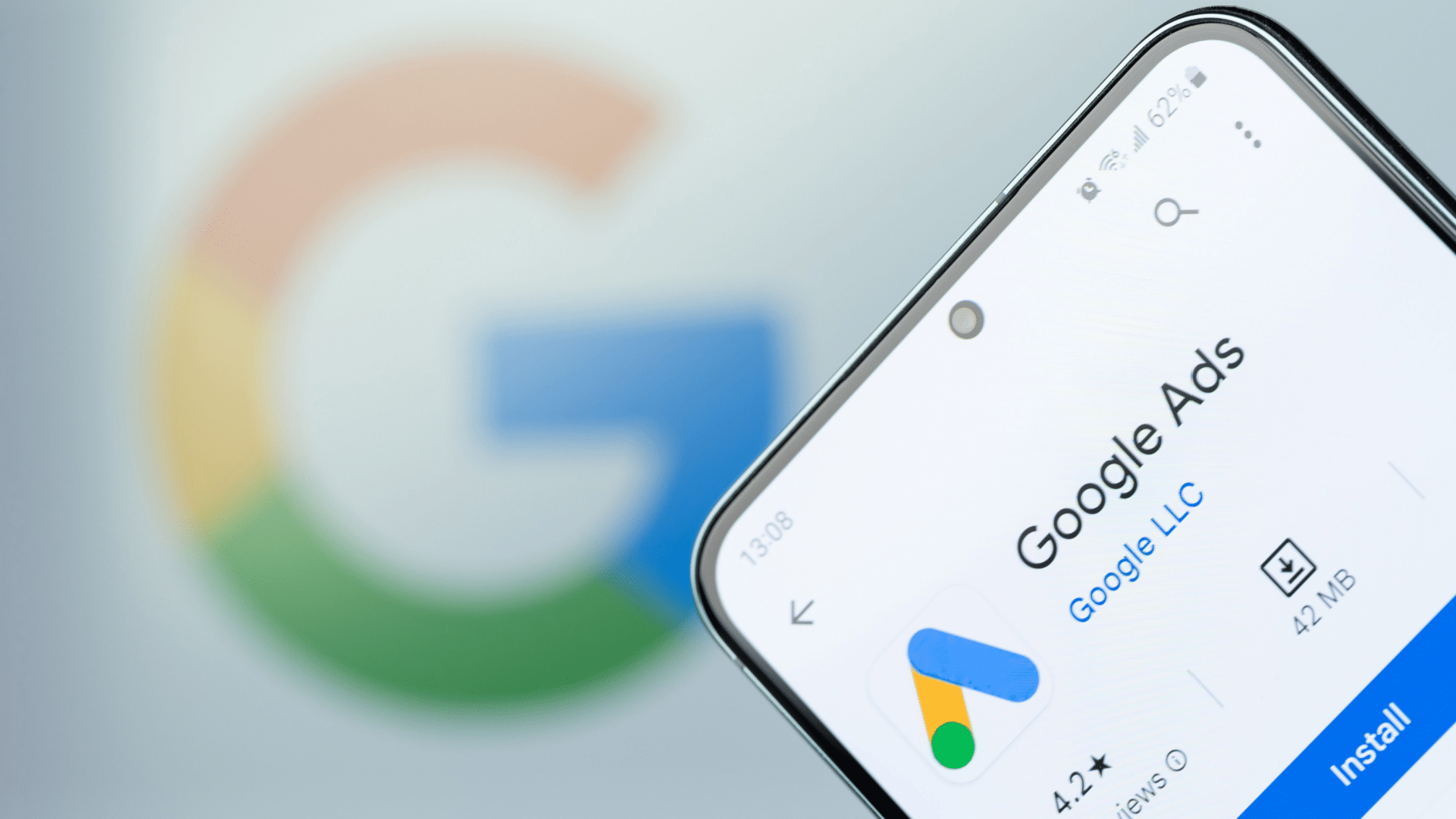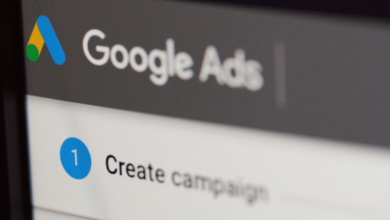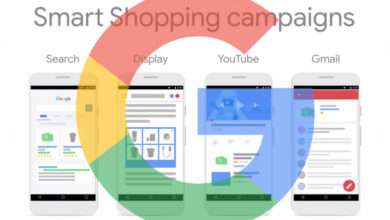Google Ads outage disrupts campaigns

Introduction
In today’s digital age, businesses are constantly looking for ways to reach their target audience and drive conversions. One of the most effective strategies for achieving this is through paid media, which encompasses paid search, paid social, retail media, video advertising, and more. In this article, we will delve into the significance of paid media in digital marketing and how it can help businesses succeed in a competitive landscape.
The Role of Paid Media in Digital Marketing
Paid media plays a crucial role in digital marketing by allowing businesses to amplify their reach and target specific audiences with precision. Unlike organic strategies, paid media offers immediate visibility and control over where and when ads are displayed. This level of targeting ensures that businesses can connect with users who are most likely to be interested in their products or services, leading to higher conversion rates and ROI.
Moreover, paid media provides valuable data and insights that can help businesses optimize their campaigns and improve performance over time. By analyzing metrics such as click-through rates, conversion rates, and return on ad spend, businesses can make informed decisions to enhance their advertising strategies and maximize results.
The Benefits of Paid Media
There are several benefits of incorporating paid media into a digital marketing strategy, including:
- Increased Visibility: Paid media allows businesses to increase their visibility and reach a larger audience compared to organic methods.
- Precise Targeting: With paid media, businesses can target specific demographics, interests, and behaviors to ensure their ads are seen by the right people.
- Immediate Results: Paid media delivers immediate results, making it an ideal choice for businesses looking to generate leads and sales quickly.
- Data-Driven Insights: Paid media provides valuable data and insights that can be used to optimize campaigns and improve performance over time.
- Scalability: Paid media campaigns can be easily scaled up or down based on budget and objectives, providing flexibility for businesses of all sizes.
FAQs
1. What is the difference between paid media and organic media?
Paid media refers to advertising that businesses pay for to promote their products or services, while organic media includes content and strategies that are not paid for, such as SEO and social media posts.
2. How can businesses measure the success of their paid media campaigns?
Businesses can measure the success of their paid media campaigns by tracking key performance indicators such as click-through rates, conversion rates, and return on ad spend.
3. What are some common types of paid media channels?
Common types of paid media channels include search engine advertising, social media advertising, display advertising, video advertising, and influencer marketing.
4. How can businesses optimize their paid media campaigns for better results?
Businesses can optimize their paid media campaigns by testing different ad creatives, targeting options, and bidding strategies, and by analyzing data to make data-driven decisions.
5. Why is paid media important in digital marketing?
Paid media is important in digital marketing because it offers businesses the opportunity to reach their target audience with precision, drive conversions, and achieve measurable results that can be optimized over time.
Conclusion
In conclusion, paid media is an essential component of a successful digital marketing strategy. By leveraging the benefits of paid media, businesses can increase their visibility, reach their target audience, and drive conversions effectively. With the right tactics and optimization strategies in place, paid media can help businesses thrive in a competitive digital landscape and achieve their marketing objectives.


